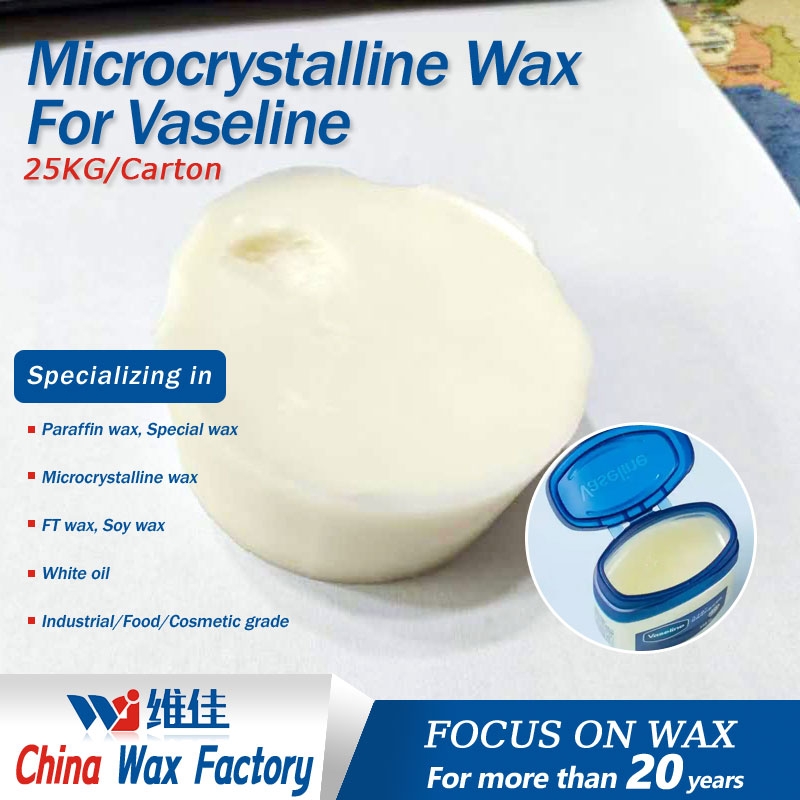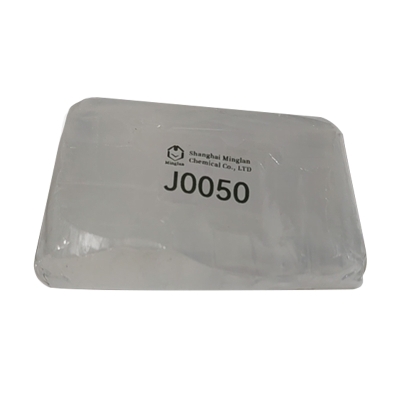-
Categories
-
Pharmaceutical Intermediates
-
Active Pharmaceutical Ingredients
-
Food Additives
- Industrial Coatings
- Agrochemicals
- Dyes and Pigments
- Surfactant
- Flavors and Fragrances
- Chemical Reagents
- Catalyst and Auxiliary
- Natural Products
- Inorganic Chemistry
-
Organic Chemistry
-
Biochemical Engineering
- Analytical Chemistry
-
Cosmetic Ingredient
- Water Treatment Chemical
-
Pharmaceutical Intermediates
Promotion
ECHEMI Mall
Wholesale
Weekly Price
Exhibition
News
-
Trade Service
Recently, international naphtha prices have soared, and South Korea's petrochemical industry has been hit hard, and the first quarter results have lit up a red light
.
Naphtha is isolated from crude oil and used as a basic raw material
for the manufacture of synthetic resins, synthetic rubber and synthetic fiber products.
According to the report, the international naphtha trading price hit a new high
in 7 years.
At the same time, the price of ethylene exported by South Korea's petrochemical industry to China, Japan, Southeast Asia and other places was flat, falling below the break-even point
.
The Korea Petrochemical Industry Association recently released news that the international trading price of naphtha in the first quarter of this year was $877.
96 per ton, the highest level
since the third quarter of 2014 (when the price was $915.
68 per ton).
At a time when international crude oil prices are soaring, the price of naphtha, which is a raw material for refining and petrochemical products
, is also rising.
In addition, the transaction price of naphtha cracking ethylene has remained at $1,000 to $1,100 per ton for five consecutive quarters, which has not reflected the rising cost in a timely manner
.
Affected by this, the ethylene-naphtha spread, which is listed as the main profit indicator of the petrochemical industry, fell to $275.
54 per ton in the first quarter of this year, the lowest level
since the fourth quarter of 2019.
The industry believes that Asian ethylene manufacturers have an ethylene-naphtha spread break-even point of $
300 per tonne.
With this in mind, it is currently estimated that the larger the plant output, the greater the company's losses
.
The naphtha needed by South Korea's petrochemical industry is mainly imported from Russia, the United Arab Emirates, the United States and other countries, and a small part is directly produced
by the country.
LG Chemical, Rakuten Chemical, Lichuan NCC and other companies produce base oils
for major chemical products such as ethylene and propylene through naphtha cracking process.
South Korea is the world's fourth-largest producer of ethylene, with 55% of its production exported
.
South Korean petrochemical industry analysis believes that with the expansion of large-scale ethylene plants in countries such as the United States and China, the industry's concerns about oversupply have intensified, the international crude oil price trend is difficult to predict, and the uncertainty of the business outlook will continue for some time
.
There is also a view that naphtha cannot be completely replaced
by liquefied petroleum gas (LPG) from a process point of view.
To this end, South Korea's petrochemical industry recently called on the government to implement "emergency tariff allocation", cancel the 0.
5% naphtha import tariff within a limited time, and strengthen the import of naphtha
from the Middle East.
However, after entering the second quarter, the anxiety of the Korean petrochemical industry about the sluggish business environment has not eased
.
Kim Binh-jung, director of the Research and Investigation Department of the Korea Petrochemical Association, said that since April, the market situation has improved, but due to the sharp rise in crude oil prices before, the performance in the second quarter is difficult to predict, and ethylene prices are generally linked to international transaction prices, so it is not possible to increase the supply price
arbitrarily according to the wishes of individual suppliers.







